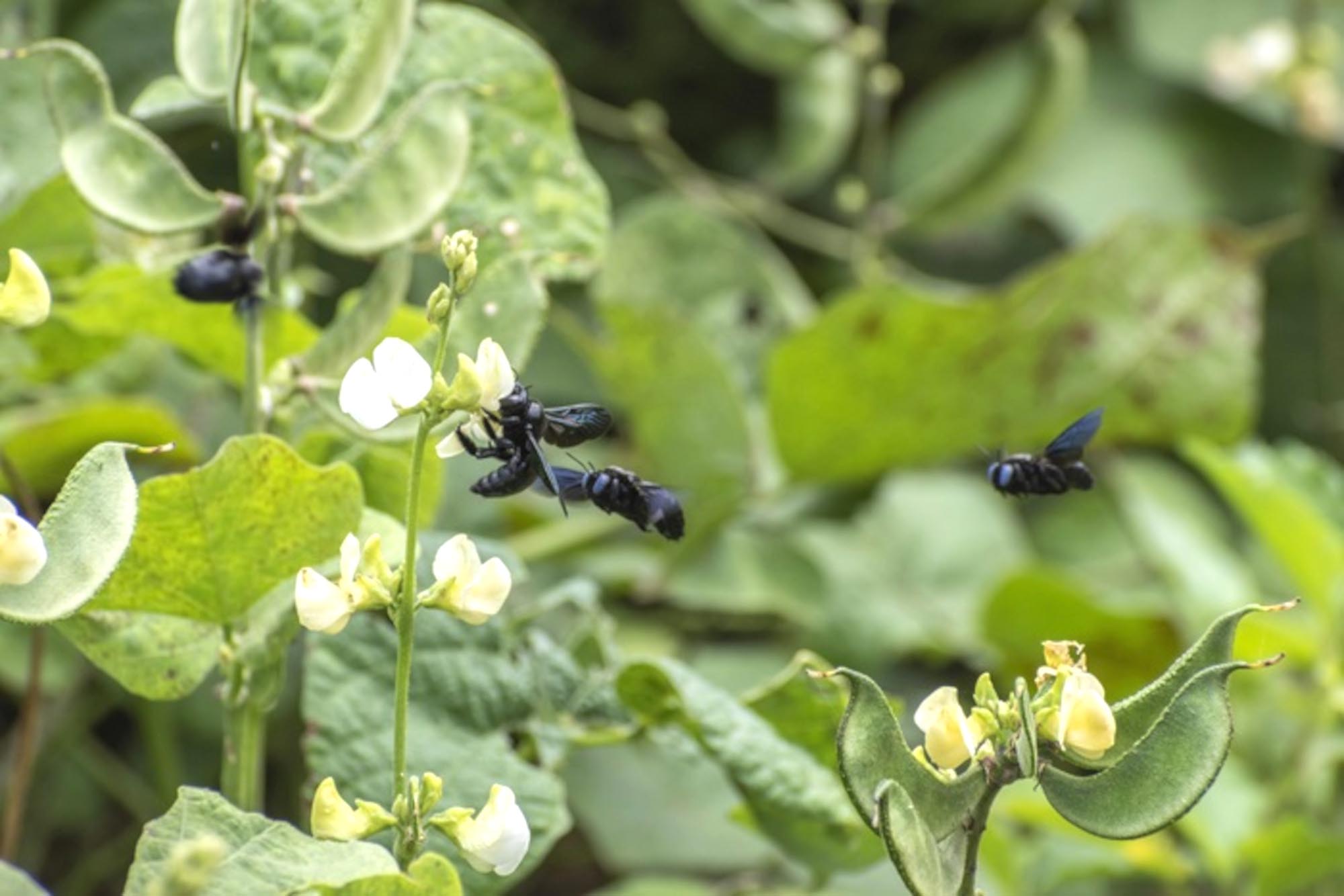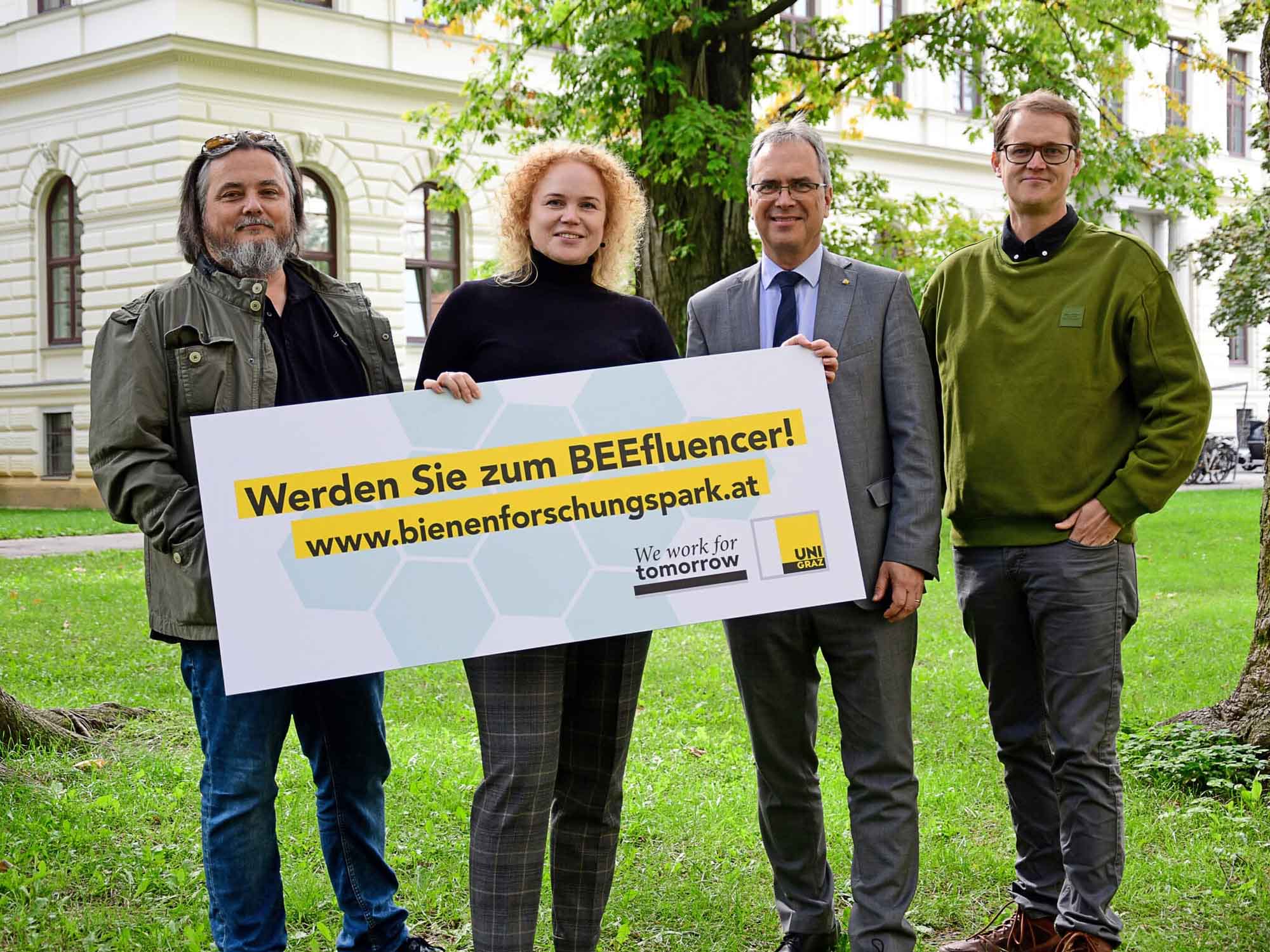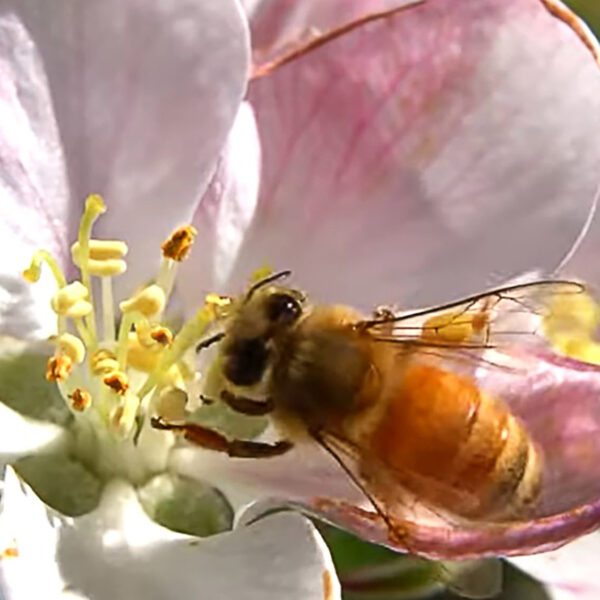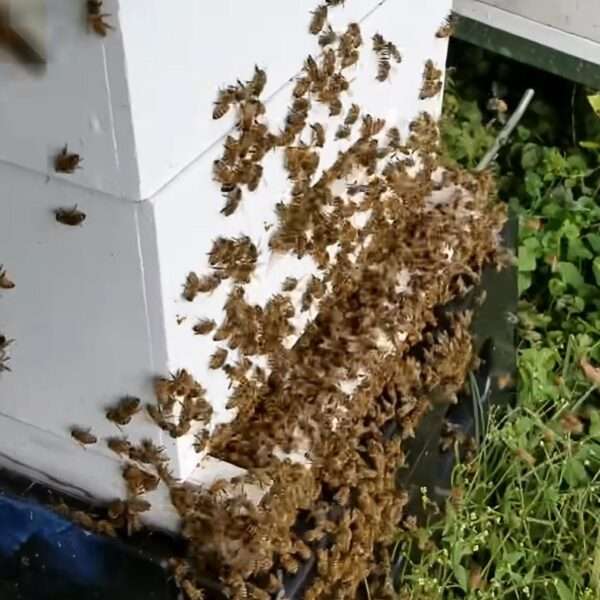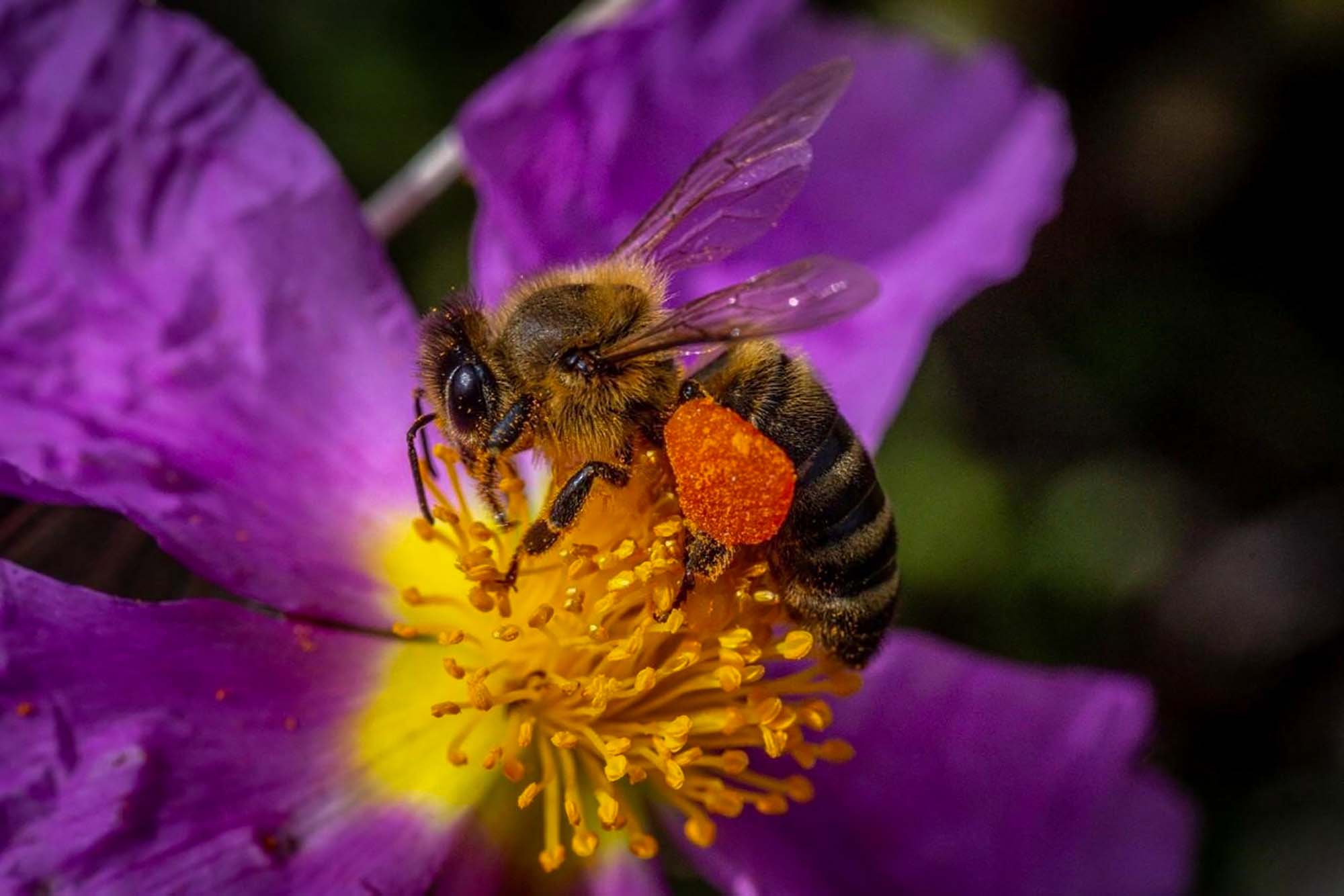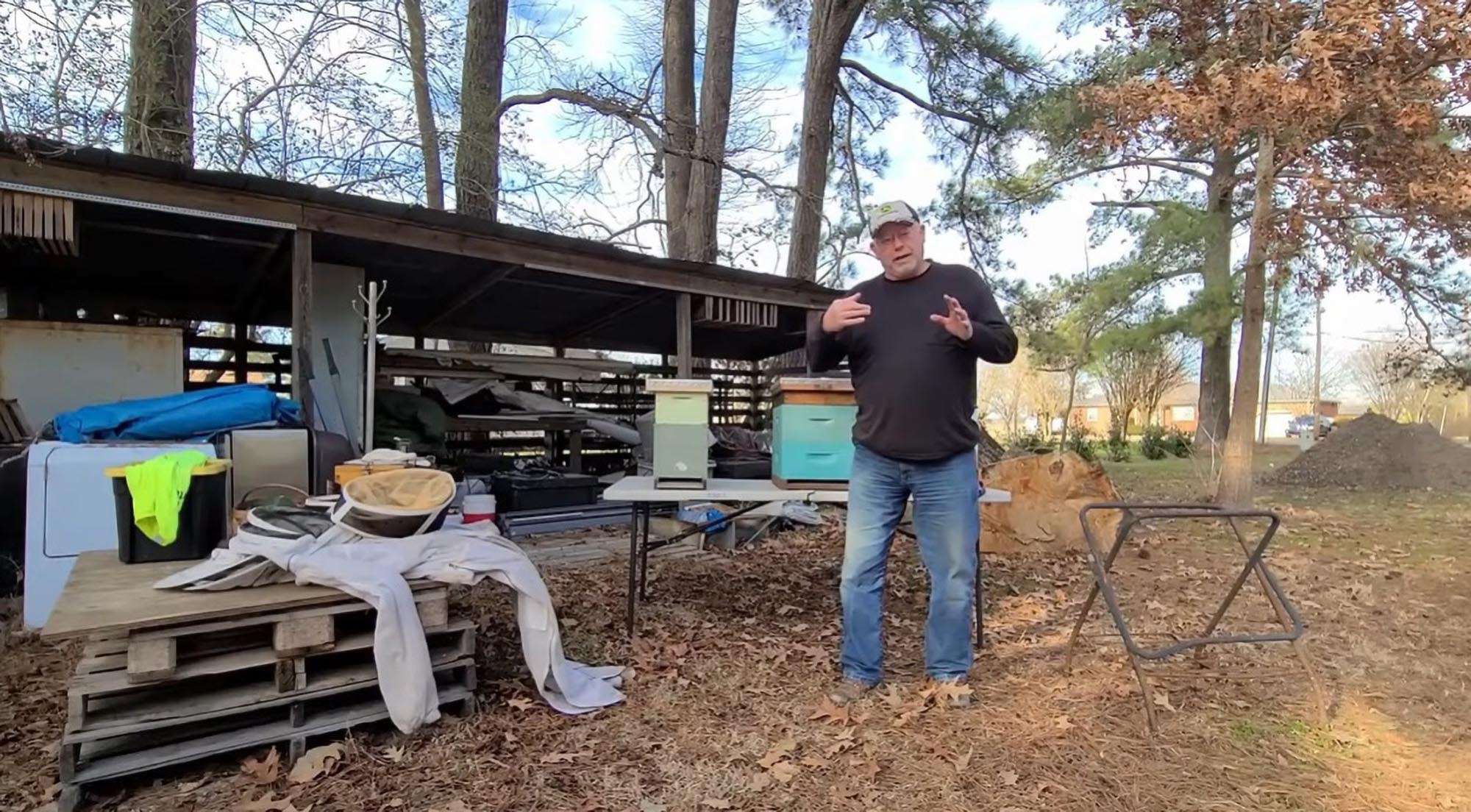Some bees benefit from urbanisation at least in tropical regions, scientists have found.
Researchers from Germany and India examined the living conditions of 40 different bee species in the megacity of Bangalore, in southern India.
Gabriel Marcacci, the first author of the study “, said: “Bees nesting in cavities actually benefited from urbanisation as they can nest in small cracks and cavities on buildings.”
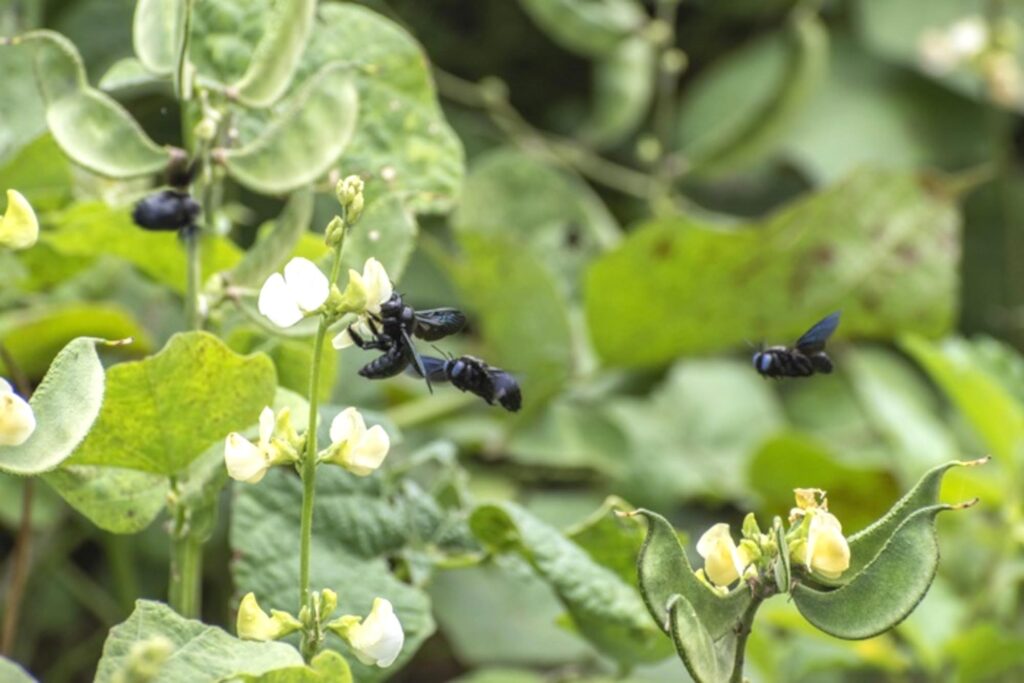
The Goettingen University researcher added: “Moreover, we found that ground-nesting bees, which are usually considered the losers in urbanisation, find ample nesting opportunities in tropical megacities because enough bare ground is still available, mostly in the less developed neighbourhoods.”
However, the Functional Agrobiodiversity experts also determined that urbanisation had a substantial negative impact on social bees like the wild honey bee.
Goettingen Agrarecologist Professor Teja Tscharntke pointed out that urbanisation may have caused a decline in the number of social bees. He underlined: “This result is particularly worrying because in the tropics, social bees – such as wild honeybees and stingless bees – form large colonies and are essential for crop pollination.”
Crop diversification and native flowering plants close to farmland can help to maintain bee communities, according to the research groups from Goettingen University, Stuttgart’s Hohenheim University and the University of Agricultural Sciences of Bangalore.
Professor Ingo Grass lectures at Hohenheim University’s Department of Ecology of Tropical Agricultural Systems. He explained: “Our results differ in part from what is often found in cities in temperate regions, which shows that we cannot generalise from field studies carried out in Germany or other countries of the Global North.”
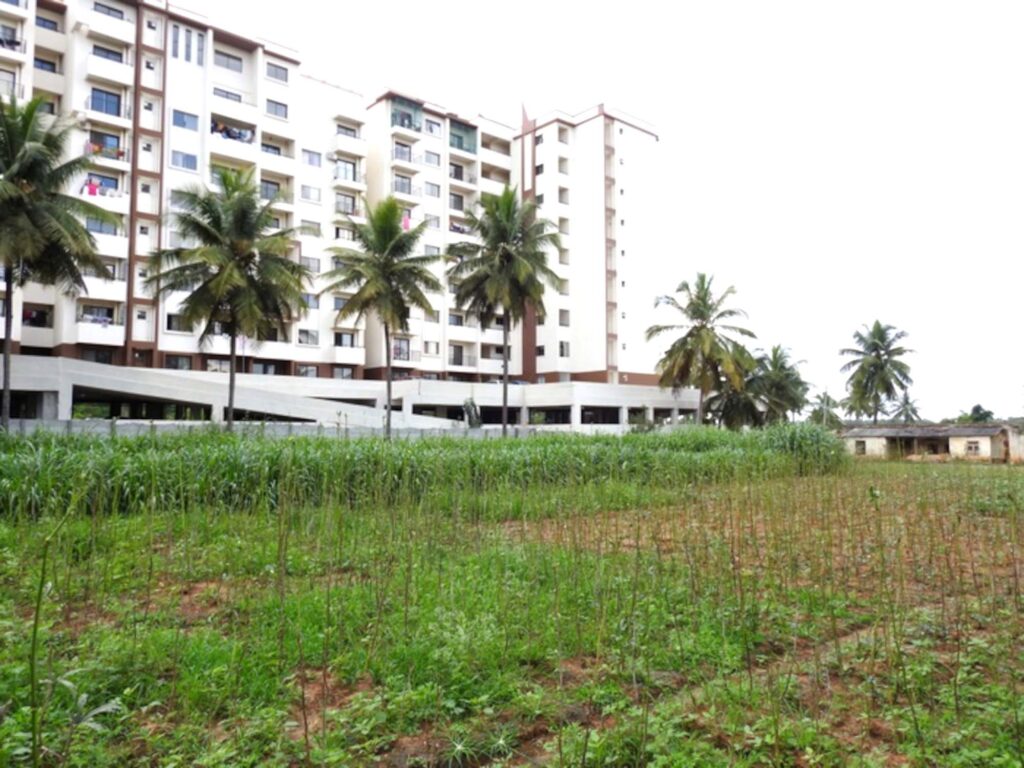
More than 26,000 individual bees were recorded for the extensive field survey of bees on vegetable farmland in the Bangalore area where more than 11 million people are living.
The study called entitled “Functional diversity of farmland bees across rural-urban landscapes in a tropical megacity” was published in the journal Ecological Applications.
Professor Catrin Westphal heads Goettingen University’s Functional Agrobiodiversity group. She concluded: “Our results suggest that urban agriculture can promote bee communities if managed in a sustainable manner.”

